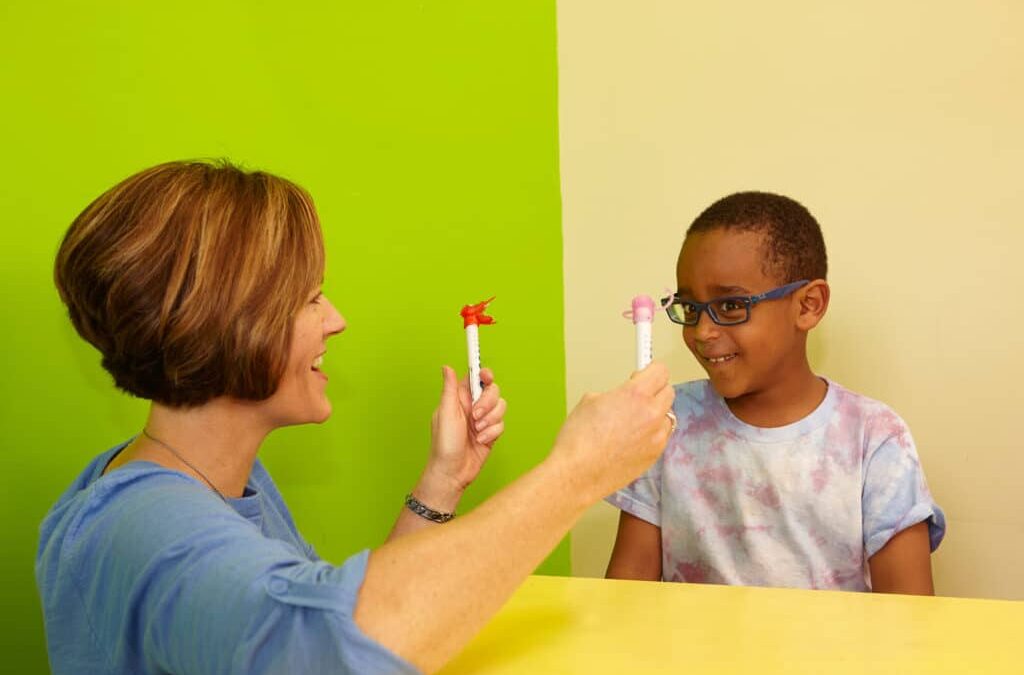Pediatric oral health plays a pivotal role not only in the well-being of a child’s teeth and gums but also in their overall speech development. The interconnection between these two aspects of a child’s development is often overlooked but holds significant importance.
Understanding the relationship between pediatric oral health and speech development can guide parents, caregivers, and healthcare professionals in promoting holistic child development.
The Role of Oral Health in Speech Development:
According to many credible Windermere pediatrics in Orlando, the mouth serves as the primary tool for speech production. Proper oral health is essential for the development of clear and articulate speech. Teeth, tongue, lips, and palate all work together to form sounds and words. Any abnormalities or issues in these oral structures can impact speech development.
Dental Health and Pronunciation: Healthy teeth are crucial for proper pronunciation. Dental issues such as missing, misaligned, or decayed teeth can affect a child’s ability to produce certain sounds correctly. For example, missing front teeth can lead to difficulties in pronouncing sounds like “s” and “th.”
Tongue Mobility and Speech Clarity: The tongue plays a crucial role in articulating sounds. Limited tongue mobility due to conditions like tongue-tie (ankyloglossia) can hinder speech clarity. Early detection and intervention for such conditions can prevent speech difficulties later on.
Palate Structure and Speech Resonance: The shape and structure of the palate influence the resonance of speech sounds. Issues like a high palate or cleft palate can affect the resonance and clarity of speech.
Lip Function and Sound Formation: Proper lip function is necessary for forming certain speech sounds, such as “p,” “b,” and “m.” Lip abnormalities or injuries can impact a child’s ability to produce these sounds accurately.
Connecting Pediatric Oral Health and Speech Development:
The relationship between pediatric oral health and speech development is bidirectional. Poor oral health can impede speech development, while speech difficulties can also indicate underlying oral health issues. Early identification and intervention are key in addressing these interconnected concerns.
Regular Dental Check-ups: Routine dental visits are essential for monitoring oral health and identifying any issues that could potentially affect speech development. Dentists can assess tooth alignment, oral structures, and overall oral health, providing early interventions if necessary.
Speech Therapy and Dental Collaboration: Collaboration between speech therapists and dentists is vital in addressing interconnected oral health and speech issues. Speech therapists can work on articulation and language development, while dentists can address oral health concerns that may be impacting speech.
Parental Education and Home Care: Educating parents about the importance of oral hygiene and its relationship to speech development empowers them to take proactive measures at home. Encouraging proper brushing, flossing, and healthy dietary habits not only promotes good oral health but also supports speech development.
Early Intervention Programs: Early intervention programs that integrate dental and speech services can significantly benefit children at risk of oral health and speech difficulties. These programs focus on identifying issues early and providing comprehensive interventions to support optimal development.
Pediatric oral health and speech development are intricately linked, with each influencing the other’s progression. Recognizing this connection is crucial for promoting holistic child development.
By prioritizing early detection, intervention, and collaboration between dental and speech professionals, we can ensure that children have the best possible foundation for healthy oral communication. Investing in pediatric oral health not only protects children’s smiles but also empowers them to express themselves confidently through speech.
